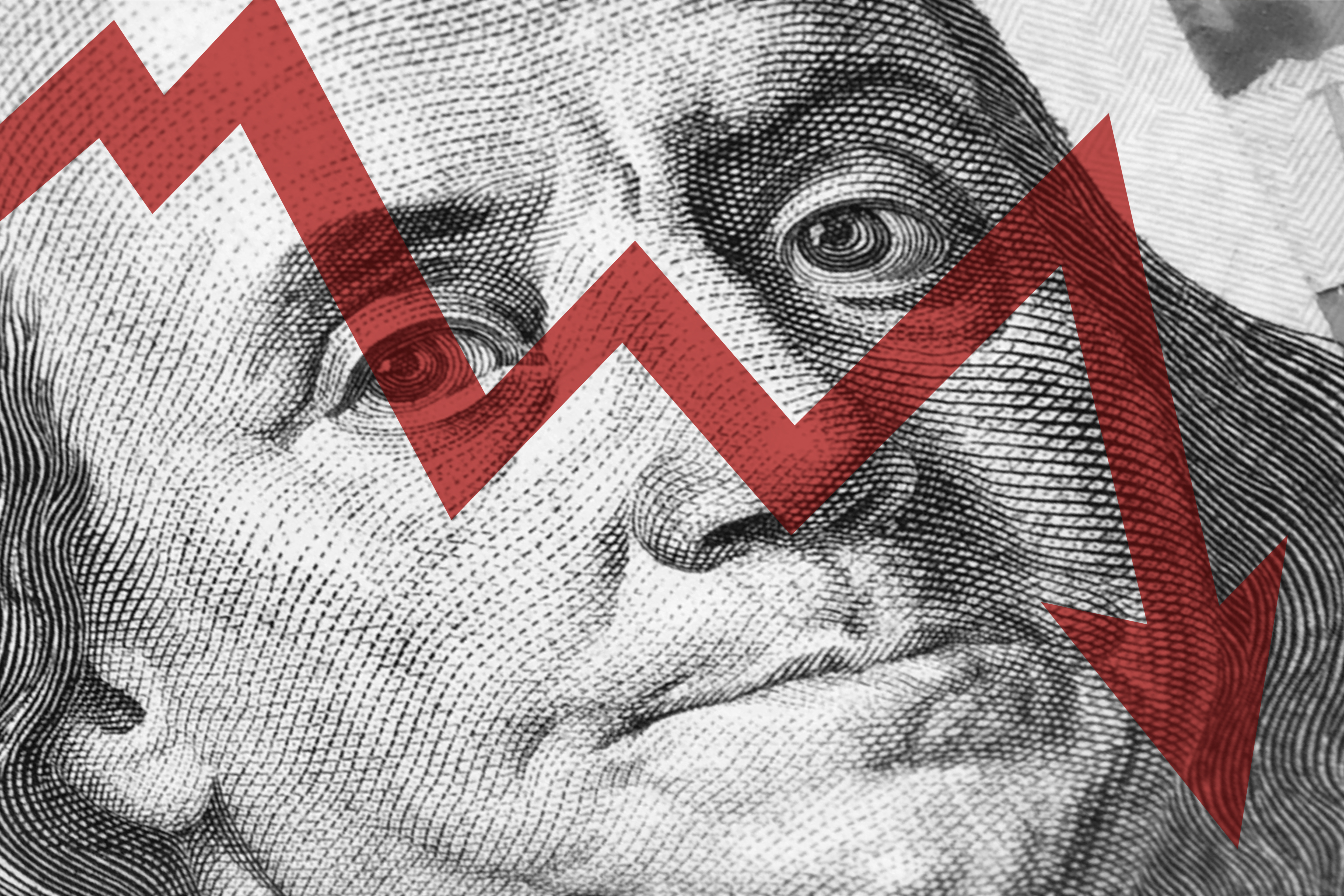SoFi Technologies Stock Soars, But Does It Really Make Sense?

Analysts thought SoFi would post $0.06 per share on $804.4 million in revenue. Instead, they posted $0.08 and pulled in $858.2 million. Well, technically, $854.9 million, if you want to get picky about it, which I do. But, who’s counting? So, here we are, with the stock soaring. And, let me guess, the people who were holding on to this stock, probably against their better judgment, are now celebrating as if they’ve won the lottery. Calm down, folks. Let’s think this through.








